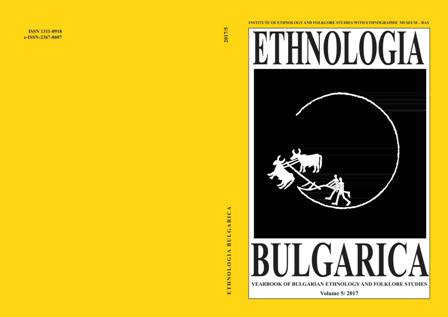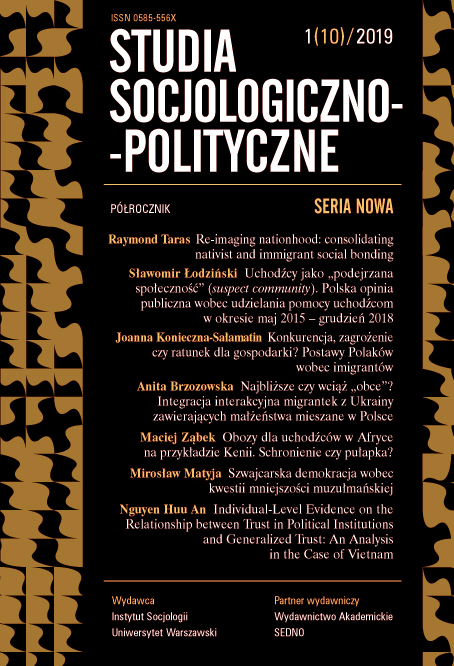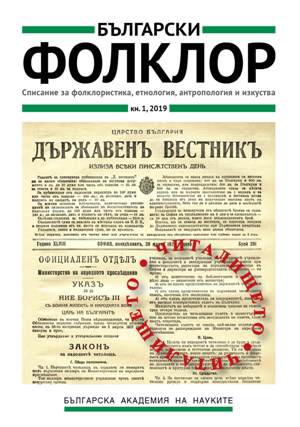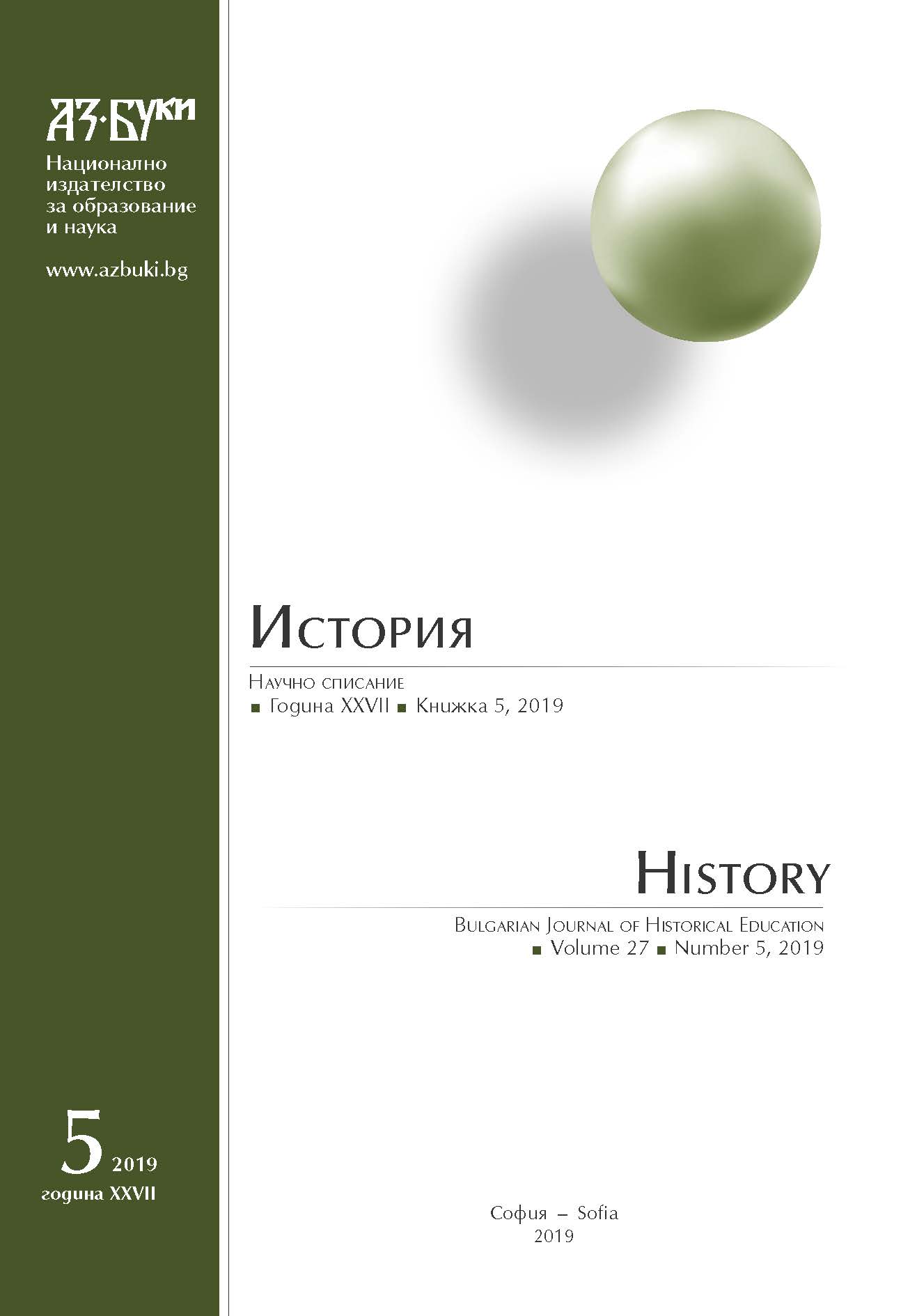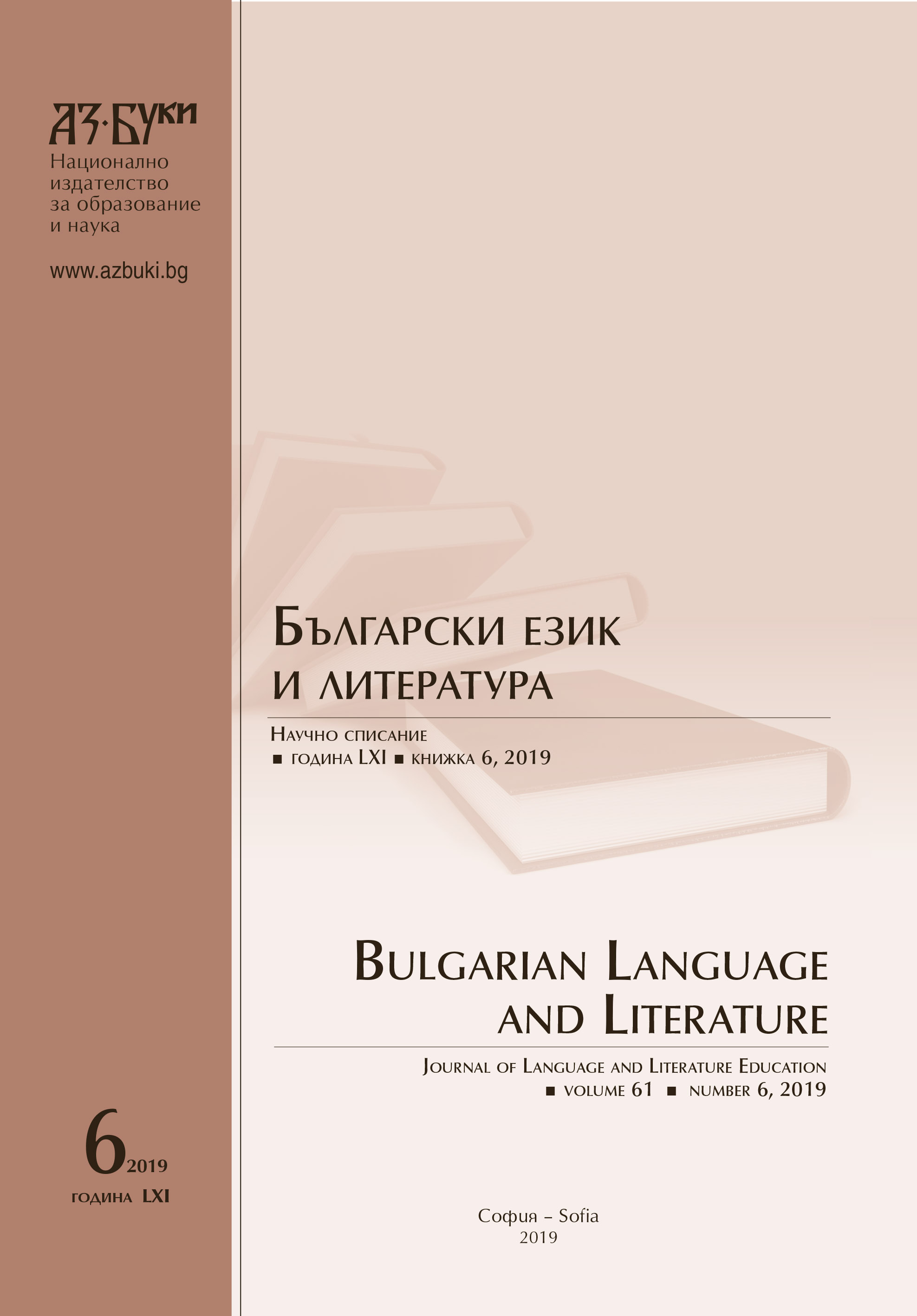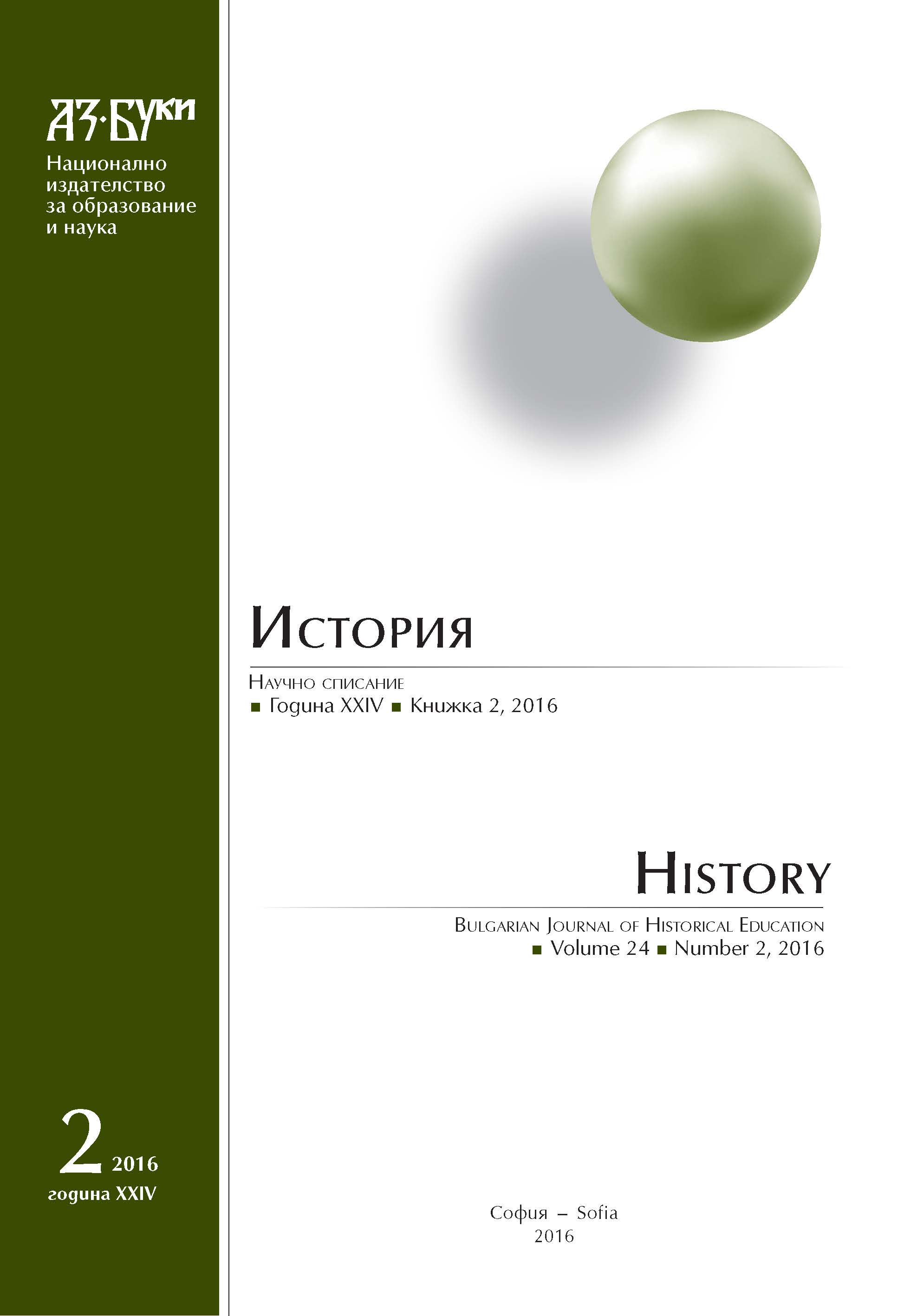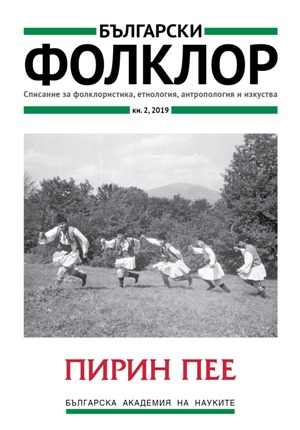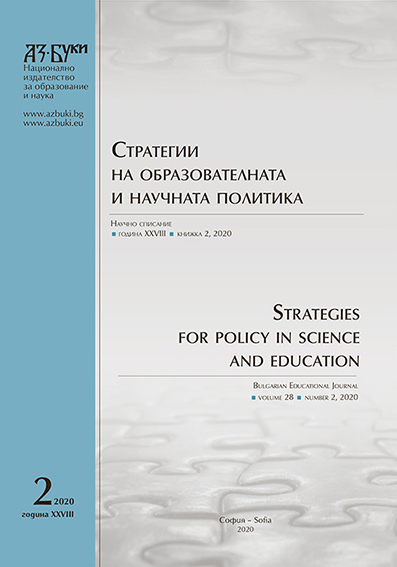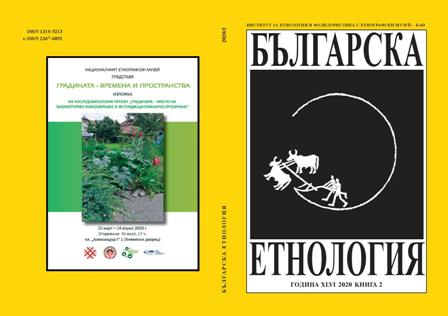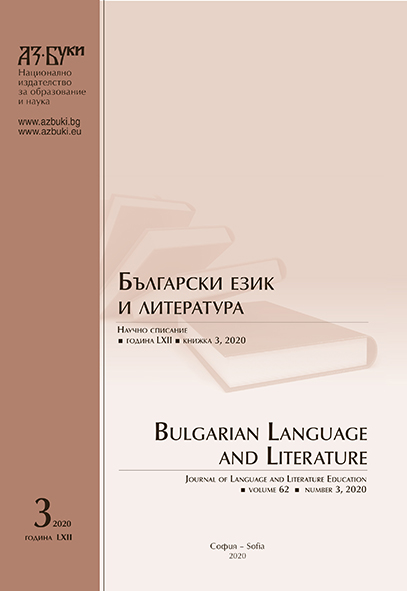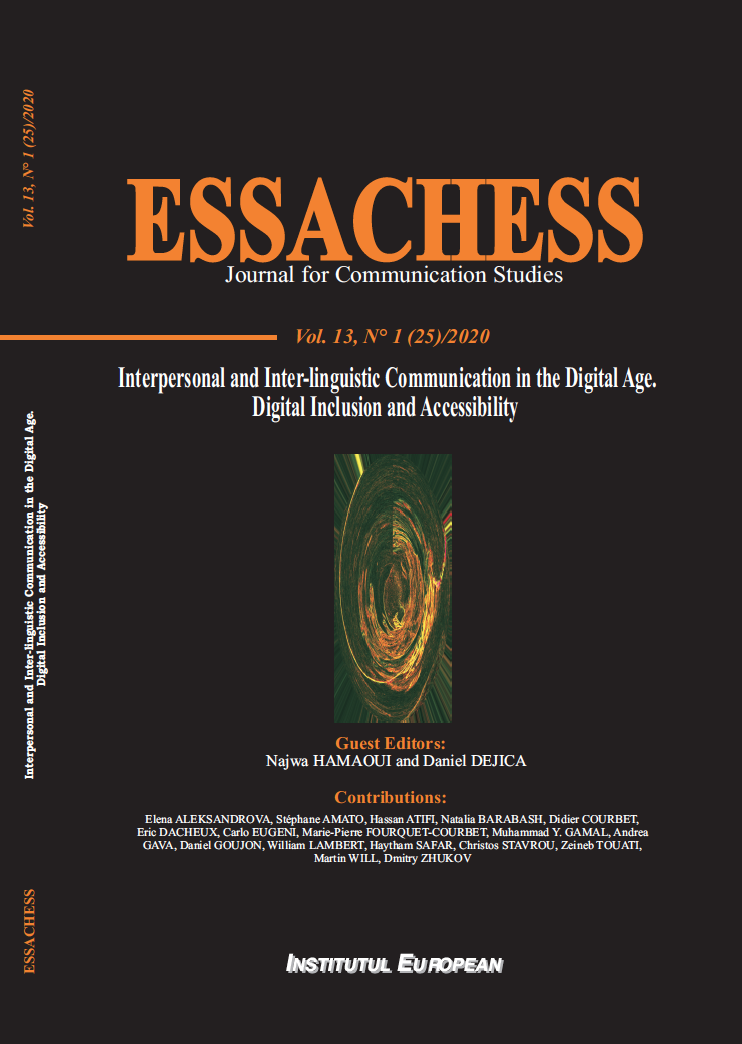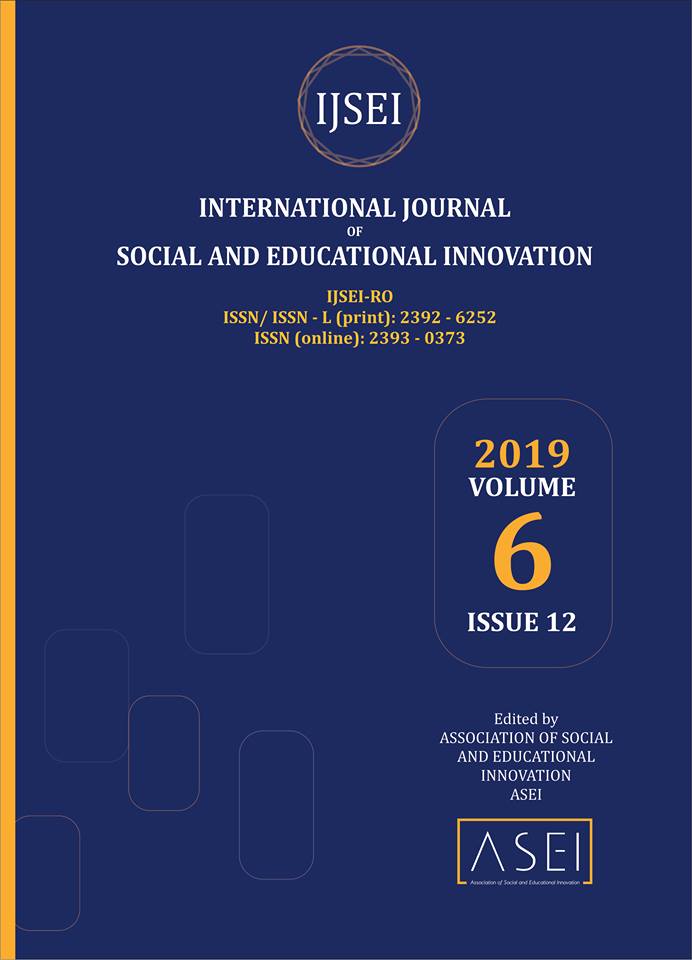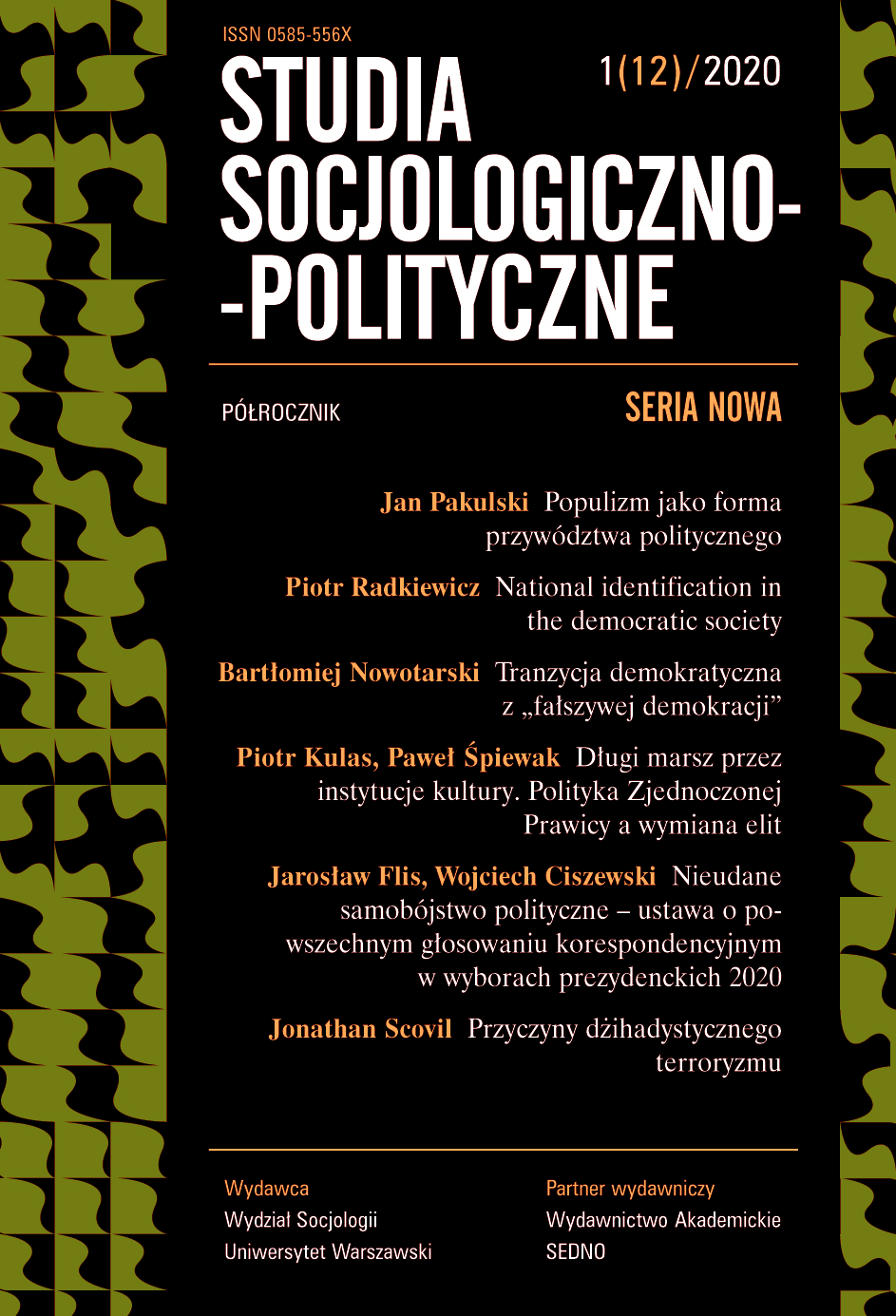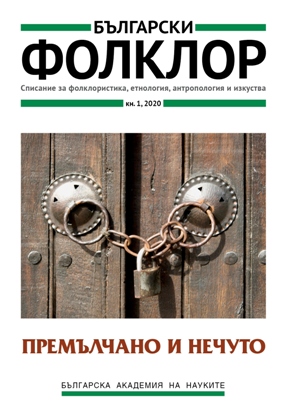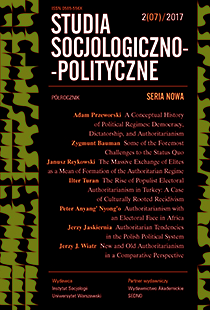
The Rise of Populist Electoral Authoritarianism in Turkey: a Case of Culturally Rooted Recidivism
The trend in Turkey’s politics toward “electoral authoritarianism” is rooted in the long history of modernization. Tensions between traditional society and modernizing elites (with strong links to the military) resulted in the series of military coups in the 20th century and weak civilian regimes. The originality of the rule of the Justice and Development Party (AKP) since its coming to power in 2002 is that it has been able to consolidate the support of less privileged strata and to establish full control over the state. How durable is this system remains an open question.
More...
